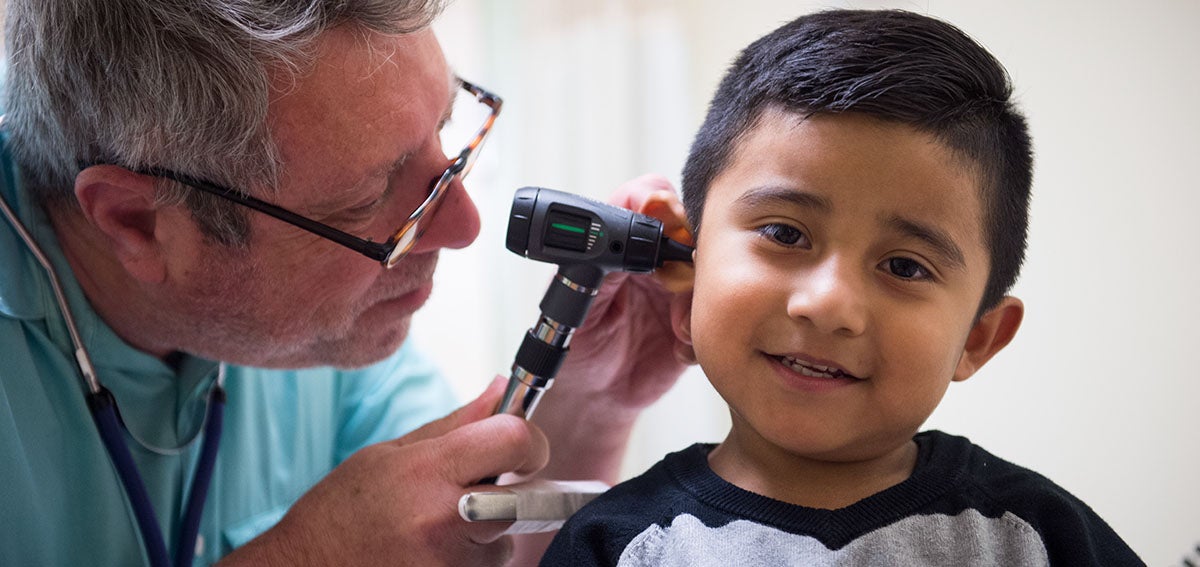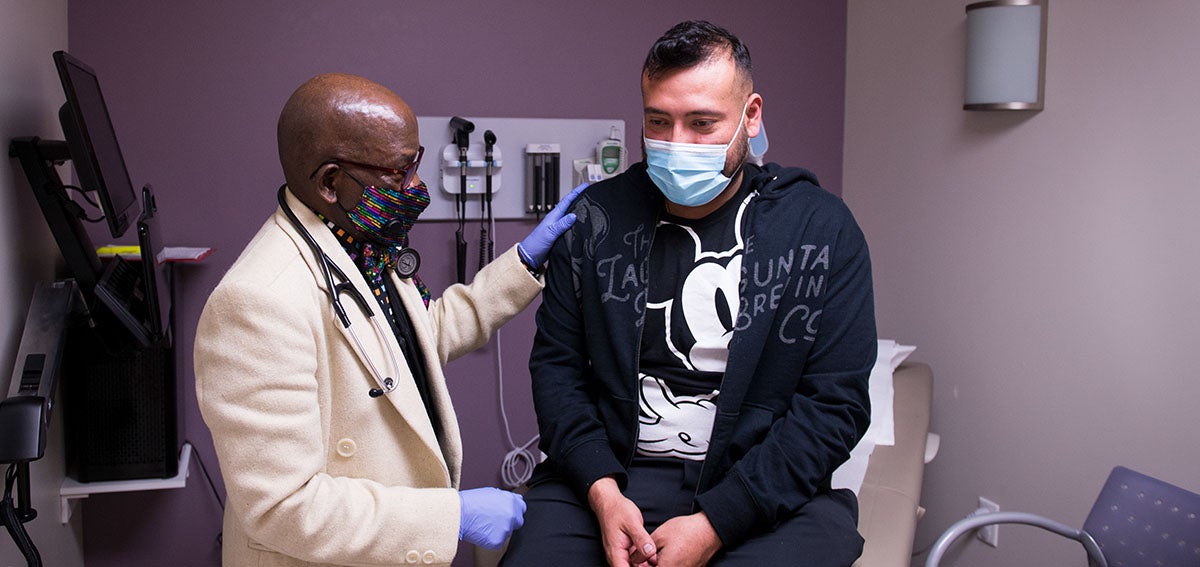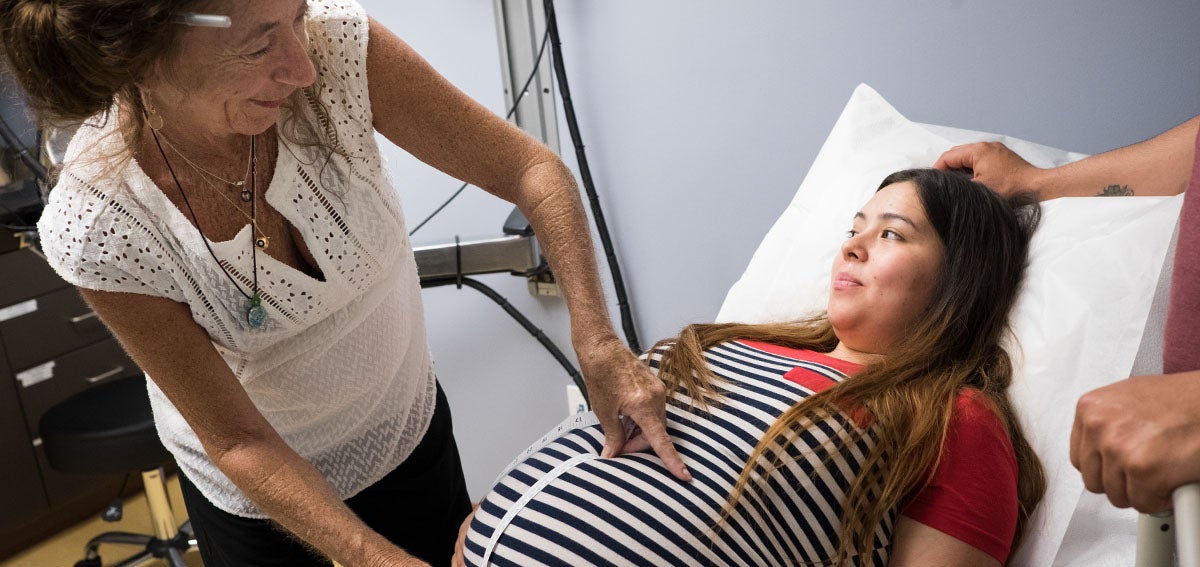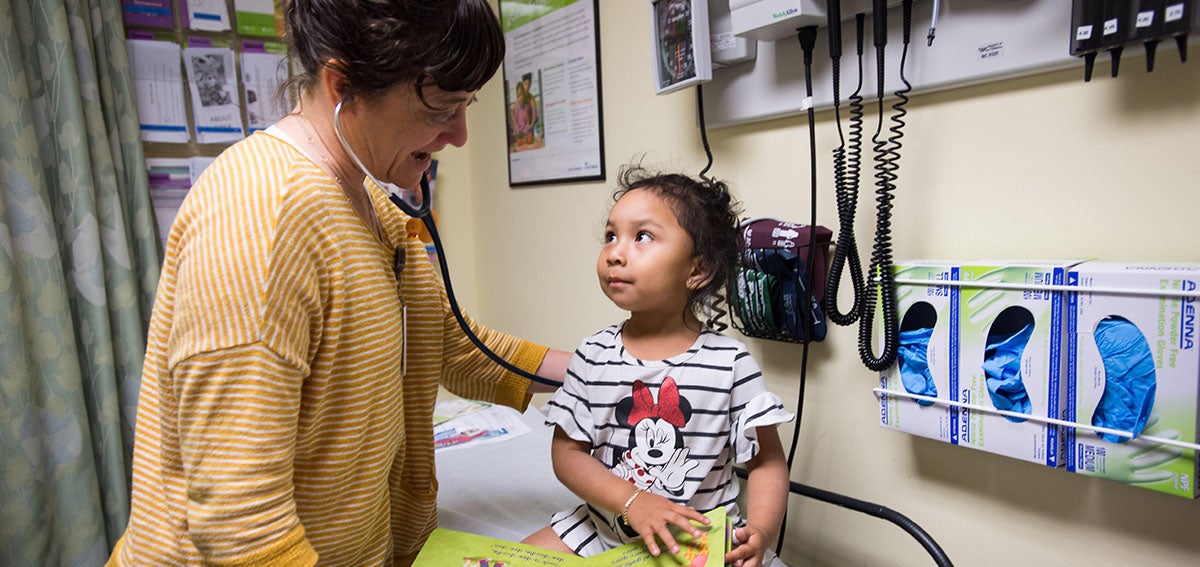Download
Jump to All Downloads & Links
Primary care clinicians and safety-net clinics can successfully treat many patients with addiction.
A key approach to reducing opioid deaths is connecting people with substance use disorder to medication-assisted treatment (MAT). As part of its work to increase access to MAT, the California Improvement Network supported a monthly webinar series tailored specifically to primary care clinicians in community health centers.
The California Society of Addiction Medicine (CSAM) produced these webinars on a range of topics from the practical (induction on buprenorphine) to the administrative (understanding the regulatory and legal environment).

The series is part of a Center for Care Innovations program, Treating Addiction in the Primary Care Safety Net (TAPC). The webinars were released monthly from October 2016 to October 2017.
See below for links to recordings of the webinars.
Webinar 12. Medication-Assisted Treatment for Alcohol Use Disorder: A Guide for Primary Care Providers
Held: October 27, 2017

Most patients with alcohol use disorder (AUD) turn to their primary care physicians when they need health care — often for complications related to AUD — however, medications to treat AUD remain little-used in this setting. Primary care physicians can and should prescribe medications to help patients reduce their alcohol use. This practical webinar will cover the basics of when to provide medications for this disorder and what patient characteristics to keep in mind when choosing from the four FDA-approved medications available. Watch the free recording or the recording with CME credits for a $25 fee. The presentation slides are available below.
Presenter:
- Steven L. Batki, MD, professor, UCSF Department of Psychiatry; chief, Addiction Recovery Treatment Services (ARTS), director, Addiction Research Program, and director, Addiction Psychiatry Fellowship Program, San Francisco VA Medical Center
Webinar 11. Transitioning High-Dose Opioid Chronic Pain Patients to Buprenorphine
Held: September 22, 2017
This case-based webinar covers the needs of patients with chronic noncancer pain who have been maintained on high-dose opioids for months or years without improvement in functioning. It breaks out the characteristics of the so-called “lost generation” of patients who take more than 240 mg per day as their medically effective dose. The speaker, a specialist in pain management, presents his approach to these patients, including the clinical importance of withdrawal and harm reduction strategies such as supporting patients through tapering, what to do if tapers fail, transitioning patients to buprenorphine from higher-dose opioids, and naloxone kits. Language effective in talking about the opioid taper process with vulnerable patients is also discussed. Watch the free recording. The presentation slides are available below.
Presenter:
- Paul Coelho, MD, medical director, Salem Health Pain Clinic, Salem, OR
Webinar 10. How to Build a Controlled-Substance Review Committee in Your Primary Care Clinic: Why? Who? How?
Held: July 28, 2017
Is your primary care clinic struggling to navigate cultural changes around chronic pain and opioid management? Why not look into creating an internal peer-review committee for complex pain cases? If done right, it can improve the experience of both patients and providers. This webinar will use a case-based format to review the basic structure and composition of such a committee, the operations, and the benefits of its use. Webinar participants will leave with ideas on how to design and implement a controlled-substance review committee in their clinics, understand two ways a controlled-substance review committee interacts with primary providers, and reflect on what types of complex cases could be referred to a review committee. Watch the free recording. The presentations slides and other materials are available below.
Presenter:
- Soraya Azari, MD, associate professor, Department of Medicine, UCSF School of Medicine
Webinar 9. Complex Chronic Pain, Opioid Prescribing, and Opioid Use Disorder: Pitfalls, Pearls, and New Directions
Held: June 23, 2017
Chronic pain is widely prevalent and often treated with opioids, which can be complicated by low efficacy, safety issues, misuse, and opioid use disorder. In this case-based webinar, we discuss practical approaches to diagnosis and treatment with a special focus on communication tips to support patients, providers, and staff as they navigate challenging clinical scenarios. Participants also learn about potential roles for buprenorphine in managing complex chronic pain. Watch the free recording or the recording with CME credits for a $25 fee. The presentation slides are available below.
Presenter:
- William C. Becker, MD, core investigator: Pain Research, Informatics, Multimorbidities & Education (PRIME) Center of Innovation, VA Connecticut Healthcare System and assistant professor, Yale University School of Medicine
Webinar 8. Naloxone Prescribing in Primary Care: Why, Who, and How
Held: May 19, 2017
Opioid overdose deaths rates are climbing and primary care physicians are on the front lines. Naloxone has revolutionized overdose prevention among people who use heroin but is underutilized in people who use prescription opioids. In this webinar, we examine the history of naloxone, evidence for prescribing it in primary care, tips for getting patient buy-in, and strategies for implementing prescription programs in resource-limited settings. Watch the free recording or the recording with CME credits for a $25 fee. The presentation slides are available below.
Presenter:
- Diana Coffa, MD, associate professor, UCSF, residency program director, Family and Community Medicine
Webinar 7. Tapering Patients on Long-Term Opioid Therapies
Held: April 28, 2017
With recent changes in guidelines designed to improve the safety of long-term opioid therapy, many prescribers have initiated opioid-tapering programs, even though little is known about the risks and benefits of this practice. Possible risks of opioid tapering include worsened pain or function, as well as identification of previously undiagnosed opioid use disorder. This webinar provides a brief background on this topic and review the available evidence to guide patient-centered tapering of long-term opioid therapy. Strategies for clinicians to discuss tapering with their patients and get their buy-in, as well as resources to help implement opioid tapers, are provided. Watch the free recording or the recording with CME credits for a $25 fee. The presentation slides are available below.
Presenter:
- Joseph Frank, MD, MPH, University of Colorado School of Medicine and VA Eastern Colorado Health System
Webinar 6. Managing Acute and Perioperative Pain in Patients on Medication-Assisted Treatments (MAT)
Held: March 24, 2017
In this webinar, we discuss the best evidence for management of acute and perioperative pain for patients on buprenorphine, methadone, and naltrexone formulations for substance use disorders. We cover strategies for patient preparation and communication with the perioperative team. Watch the free recording or the recording with CME credits for a $25 fee. The presentation slides are available below.
Presenter:
- Andrea Rubinstein, MD, chief, Department of Chronic Pain, Kaiser Permanente Santa Rosa Medical Center and assistant clinical professor of Family and Community Medicine, UCSF
Webinar 5. Psychological Approaches to Pain Management for the Primary Care Provider
Held: February 24, 2017
Many primary care providers (PCPs) who work with chronic pain patients have limited or no access to psychological resources to help patients who struggle with daily pain. This webinar includes psychological and behavioral techniques PCPs can use during their brief visits with patients to facilitate coping strategies and adherence. Case examples and techniques to help manage provider burn out are also covered. Watch the free recording or the recording with CME credits for a $25 fee. The presentation slides are available below.
Presenter:
- Jennifer Ortiz, MD, clinical instructor, Psychiatry and Behavioral Services, Stanford University School of Medicine
Webinar 4. Effective Strategies for the Non-Adherent Buprenorphine Patient: Rational Monitoring and Contingency
Held: January 27, 2017
This webinar helps providers learn to remain in a compassionate stance toward risky or noncompliant patients, while also helping those patients modify their behavior toward safer and more appropriate use. Participants learned how to interpret the prescription drug monitoring database and urine toxicology tests and what to do when these screening tests come up positive. Watch the free recording or the recording with CME credits for a $25 fee. The presentation slides and the medical review officer manual referenced in the webinar are available below.
Presenters:
- Anna Lembke, MD, director, Stanford Addiction Medicine Program; chief, Stanford Addiction Medicine Clinic, Stanford University School of Medicine
- Gregory Skipper, MD, director, Professionals Health Services, Professionals Treatment at Promises, Malibu
Webinar 3. Expanding Access to Medication-Assisted Treatment Utilizing Nurse Care Managers
Held: December 16, 2016
This webinar reviews the role that nurses can play in building a team-based model, assisting waivered primary care physicians provide high-quality care, supporting the complex needs of patients with substance use disorder, and the expansion of treatment. Elements covered include clinical care, coordination of services among team members, regulatory compliance, and office workflow. Watch the free recording or the recording with CME credits for a $25 fee. The presentation slides are available below.
Presenter:
- Colleen T. LaBelle, MSN, RN-BC, CARN; program director, STATE OBAT B; nurse manager, BMC OBAT; executive director, MA IntNSA, Boston Medical Center
Webinar 2. Patient Confidentiality and MAT in Primary Care in California
Held: November 18, 2016
As California’s primary care (PC) clinics work to integrate MAT into services, questions will arise about regulations governing privacy of patient records. What is 42 CFR Part 2? What does it mean and how does it apply to PC? Can certain PC program design elements allow unified medical charting by not activating this regulation? How can you recruit patients without putting yourself out? This webinar is an introduction to these issues (without giving any formal legal advice). Watch the free recording or the recording with CME credits for a $25 fee. The presentation slides are available below.
Presenters:
- David Kan, MD, UCSF clinical faculty; private practice; medical director, Addiction Treatment Unit, Bright Heart Health
- Harry Nelson, JD, managing partner, Nelson, Hardiman LLP
Webinar 1. Office-Based Buprenorphine: Patient Selection, Induction, and Management
Held: October 28, 2016
This webinar focuses on practical issues of induction on buprenorphine, including evaluating if office-based opioid treatment is appropriate for the patient, factors that inform the decision around home- or office-based inductions, and the basics of inductions from methadone and other long-acting opioids. Watch the free recording. The presentation slides are available below.
Presenter:
- Soraya Azari, MD, assistant professor, UCSF School of Medicine





